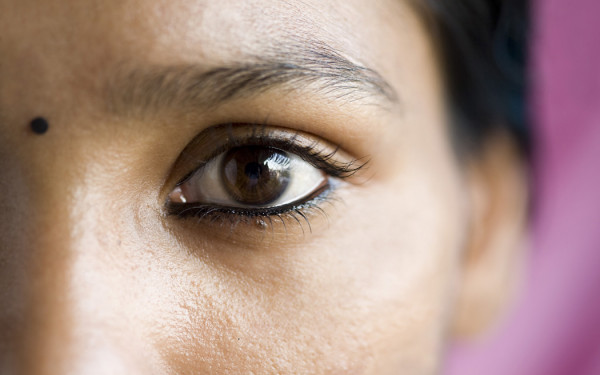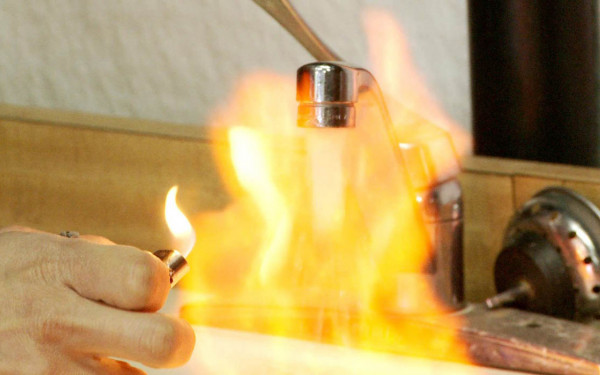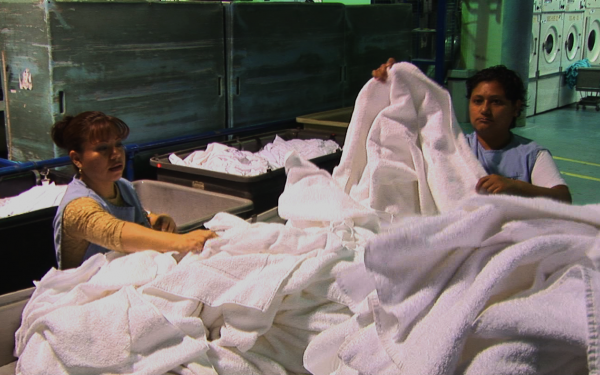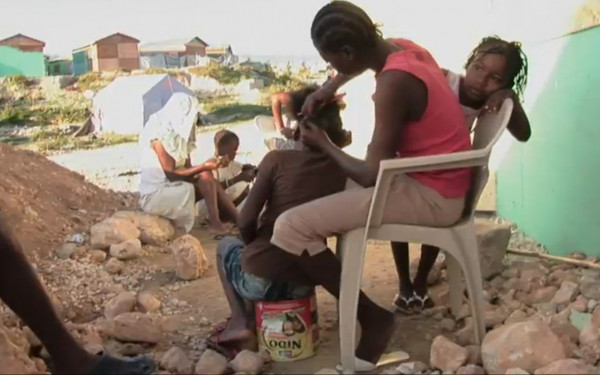Jarring Doc on LGBT Activists in Uganda
Cinema Politica Screens Call Me Kuchu: LGBT Struggles in Uganda
Anyone with even a vague interest in human rights issues will be impressed by this comprehensive documentary on LGBT rights activists in Uganda fighting for liberty, security and equality.
The film goes beyond the globally headlining homophobic Ugandan regime. It identifies the key forces and individuals involved in each side of the homosexuality debate.
LGBT people in Uganda are often evicted from their homes, sacked from their jobs and targeted by violent vigilantes.
Ezra Winton, founder and programmer of the Cinema Politica Network, explained that the need for this documentary comes from how homophobia is allowed to exist.
“At a time when the issue of gay marriage is occupying the majority of attention in mainstream Western media, Call Me Kuchu serves as a stark and potent reminder that homophobia is an international issue articulated through state institutions, media and onto the bodies of those activating change,” Winton said.
The film features the tough but kind David Kato, advocacy and litigation officer for SMUG [Sexual Minorities in Uganda] and the first openly gay man in Uganda. The audience meets Kato as he walks down a path to his vegetable gardens that feed his poorer neighbours, telling us how he began his involvement in the fight for LGBT rights.
Also featured are Naome Ruzindana—the founder of the Coalition for African Lesbians—and Kato’s best friend Bishop Senyonjo, who was revoked by the Anglican Church for advocating for LGBT rights, as well as Stosh and Long Jones, both of whom were forcibly outed and face the harsh consequences.
We meet David Bahati, the Member of Ugandan Parliament who introduced the globally controversial anti-homosexuality bill in 2009. Proposals include death for “aggravated homosexuality,” including being HIV positive, and imprisonment for failing to turn in homosexuals to the authorities.
“Gay rights are not human rights,” says Bahati in the film.
The documentary’s major antagonist hits the screen sporting a self-righteous smile and divulging the ‘journalistic tactics’ that lead to headlines such as “Homo Terror! We Name and Shame Top Gays.”
He is Giles Muhame, the 22-year-old managing editor of weekly tabloid The Rolling Stone which outs LGBT individuals by publishing their photos, names and addresses alongside banners that read “Hang Them.” Muhame is one of the most difficult characters to watch.
Surrounded by the quiet of night fall outside his home, Kato suffers a moment of exasperation with his constant struggle.
“What have I done?” he asks. “Why do I have to choose such a life? Lesbians, they are being raped by force, curative rape by relatives. So what do we do? Leave HIV to roam around? Because they are putting us to go back into the closet?”
Kato was bludgeoned to death in his home by an intruder on January 26, 2011, a year after the making of this documentary started. A most bizarre and candid sequence in the film, encompassing the polarization of groups in this debate, is Kato’s own funeral. A fundamentalist Christian pastor takes the microphone to denounce homosexuality, calling for Kuchus to repent, backed by hysterical village members, while appalled family, friends and activists call for peace in respect for Kato.
The filmmakers trace the roots of anti-homosexual legislation in Uganda to British colonial rule. They also show how the flames of intolerance are fanned by fundamentalist Christian groups arriving in Uganda from the West, and the political turmoil within the country.
The screening is timed to coincide with Black History Month and the two year anniversary of Kato’s death.
Winton adds that Call me Kuchu deftly illustrates the links between oppressive state policy, organized religion, colonialism and the subjugation of minorities at a time when Canada is funding anti-gay groups to work in Uganda, another point that decided the timing of this screening.
This documentary is a raw look at the realities of sexual and gender-based discrimination in Uganda, where in order to come out of the closet, one literally risks death.
Cinama Politica presents Call Me Kuchu by Katherine Fairfax Wright and Malika Zouhali-Worral in the Hall building (H-110) / Feb. 25 at 7 p.m. / Suggested donation $2 to $5

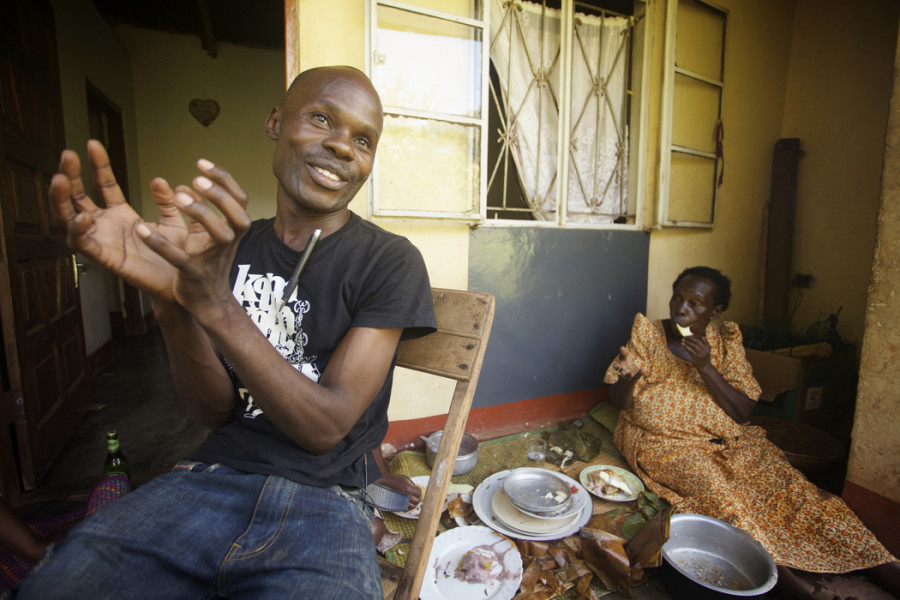
_600_832_s.png)

